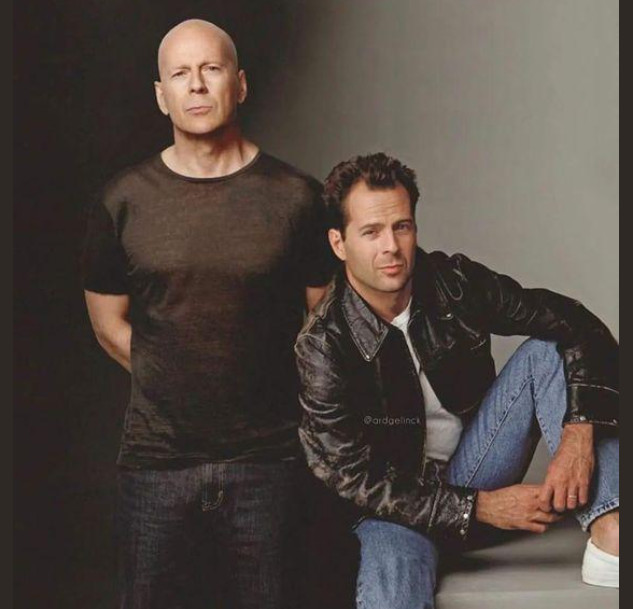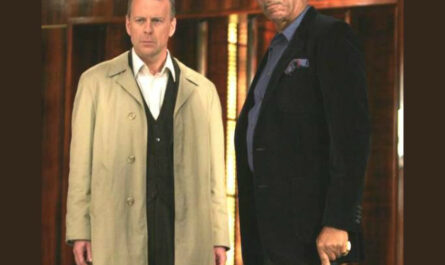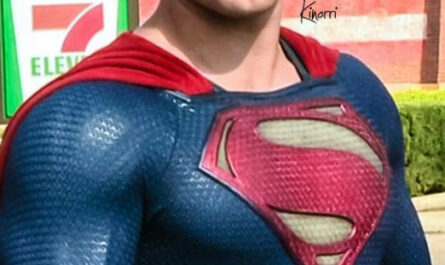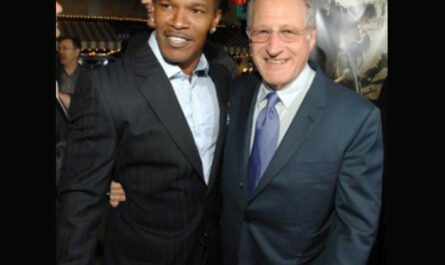John McClane, the iconic action hero portrayed by Bruce Willis in the “Die Hard” franchise, has transcended the typical stereotypes associated with the genre. Far from being just a muscle-bound cop with a catchphrase, McClane is a multi-dimensional character with layers of complexity that have resonated with audiences for decades. In this in-depth analysis, we delve into the key facets of McClane’s character, exploring what makes him one of the most enduring and beloved heroes in cinematic history.
Everyman Hero:
At the heart of John McClane’s character is his relatable nature as an everyman hero. Unlike the superhuman figures often depicted in action films, McClane is an ordinary guy thrust into extraordinary circumstances. He’s flawed, he makes mistakes, and he gets scared. This relatability allows audiences to see themselves reflected in his struggles, making him someone we can root for despite his imperfections.
Reluctant Hero:
One of the defining characteristics of John McClane is his reluctance to embrace the role of hero. He’s not seeking glory or adventure; he’s simply trying to do the right thing, protect his loved ones, and survive. This reluctance adds depth to his heroism, making it more believable and admirable. McClane’s willingness to put himself in harm’s way despite his reservations speaks to his sense of duty and integrity.
Gritty and Sarcastic:
McClane’s wit and sarcasm are as much a part of his character as his action-packed heroics. His legendary wisecracks and one-liners serve as both a coping mechanism for dealing with the stress and danger he faces and a source of entertainment for audiences. This humor adds a layer of charm and humanity to his character, making him more relatable and endearing.
Haunted by his Past:
Beneath McClane’s tough exterior lies a man haunted by past trauma. His fractured relationship with his wife, Holly, and struggles with alcoholism add complexity and depth to his character. These personal demons serve as driving forces behind his actions, giving him a sense of vulnerability and humanity that sets him apart from other action heroes.
Evolving Hero:
Throughout the “Die Hard” franchise, McClane undergoes significant growth and development as a character. He ages, gets injured, and faces new challenges, forcing him to adapt and evolve in order to survive. This resilience and resourcefulness make him a more relatable and interesting character, as audiences witness his journey from a lone cop fighting against impossible odds to a seasoned veteran who refuses to back down.
Symbol of American Masculinity:
While some critics may view McClane’s embodiment of certain aspects of American masculinity as outdated or problematic, there’s no denying his significance as a cultural symbol. He represents a certain archetype of the American hero: self-reliant, resourceful, and willing to fight for what’s right. This resonates with many viewers, serving as a source of inspiration and empowerment.
Bruce Willis’s Portrayal:
Of course, none of John McClane’s complexity would be possible without Bruce Willis’s iconic portrayal of the character. Willis’s charisma, comedic timing, and ability to convey vulnerability are crucial in bringing McClane to life on the screen. His nuanced performance elevates the character beyond mere action hero status, making McClane a figure we care about and root for.
Beyond the Layers:
While we’ve touched on some of the key facets of John McClane’s character, it’s important to recognize that there’s more to him than meets the eye. He’s a product of his time, reflecting certain cultural values and anxieties, and his character continues to evolve throughout the franchise, offering new interpretations and insights with each installment.
In conclusion, John McClane’s enduring popularity is a testament to the depth and richness of his character. He’s a flawed hero, a witty everyman, and a symbol of American masculinity, all rolled into one. His complex layers and relatable humanity have cemented his place in cinematic history, ensuring that he will continue to be celebrated and revered by audiences for generations to come.



